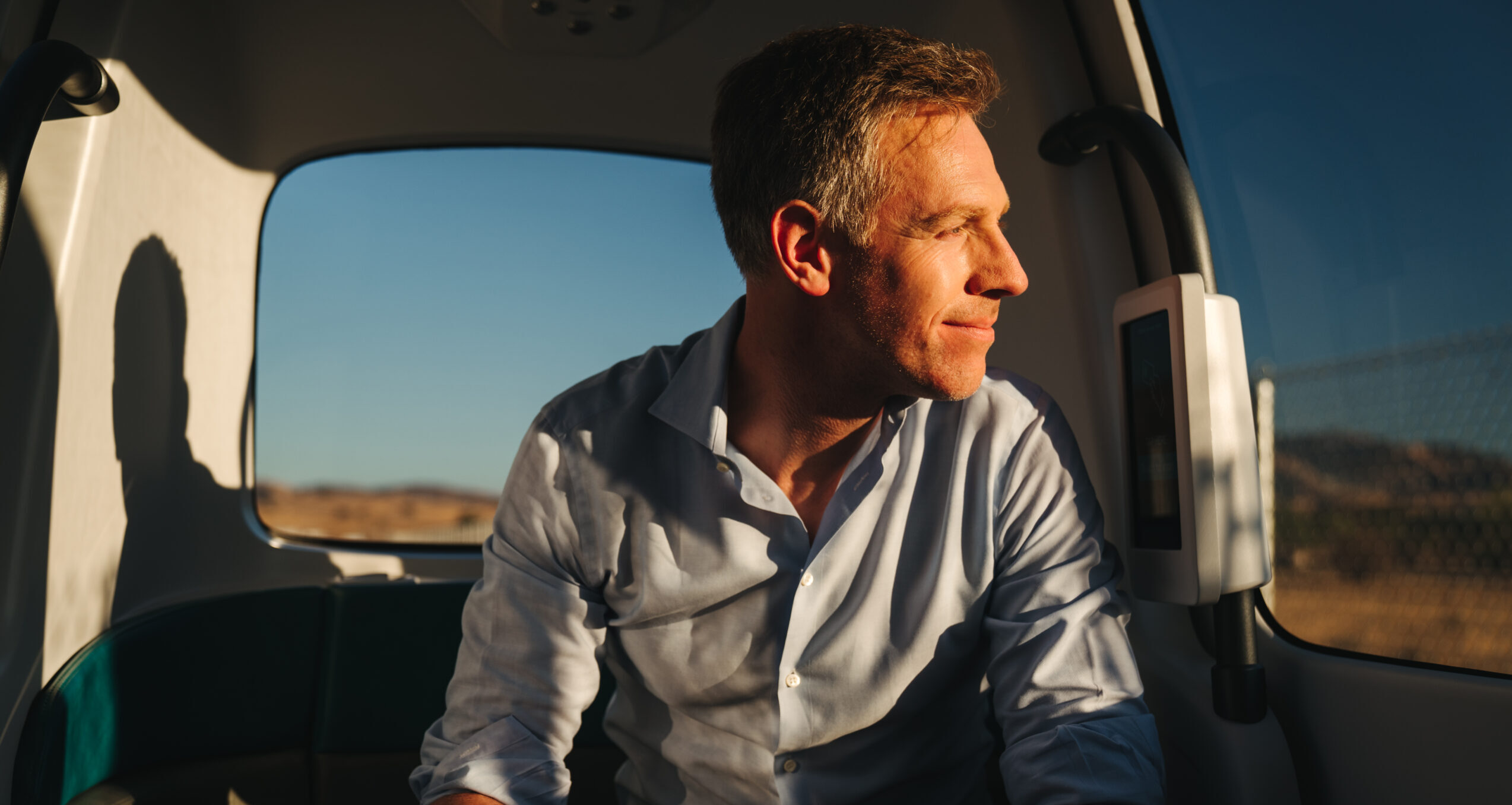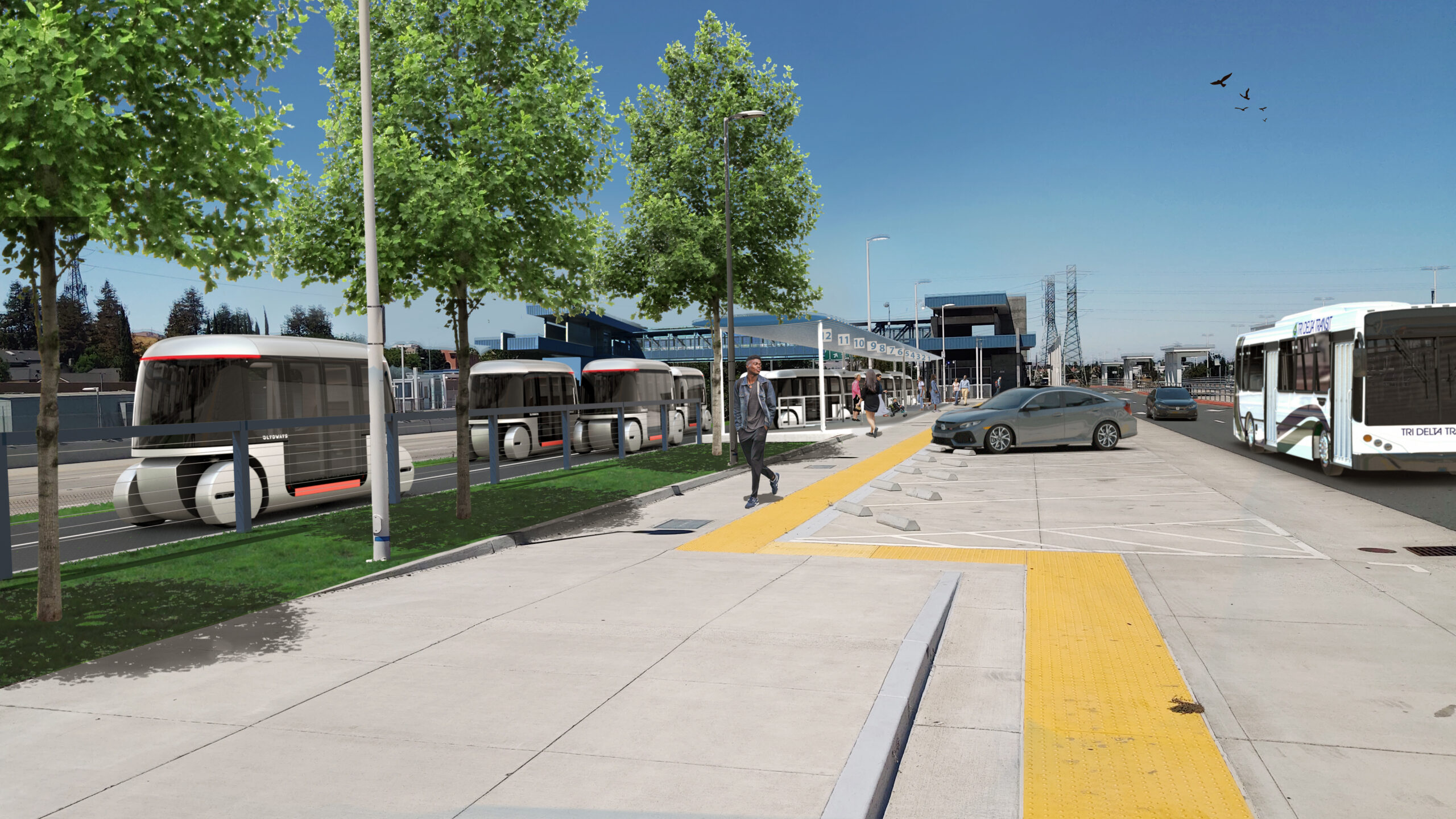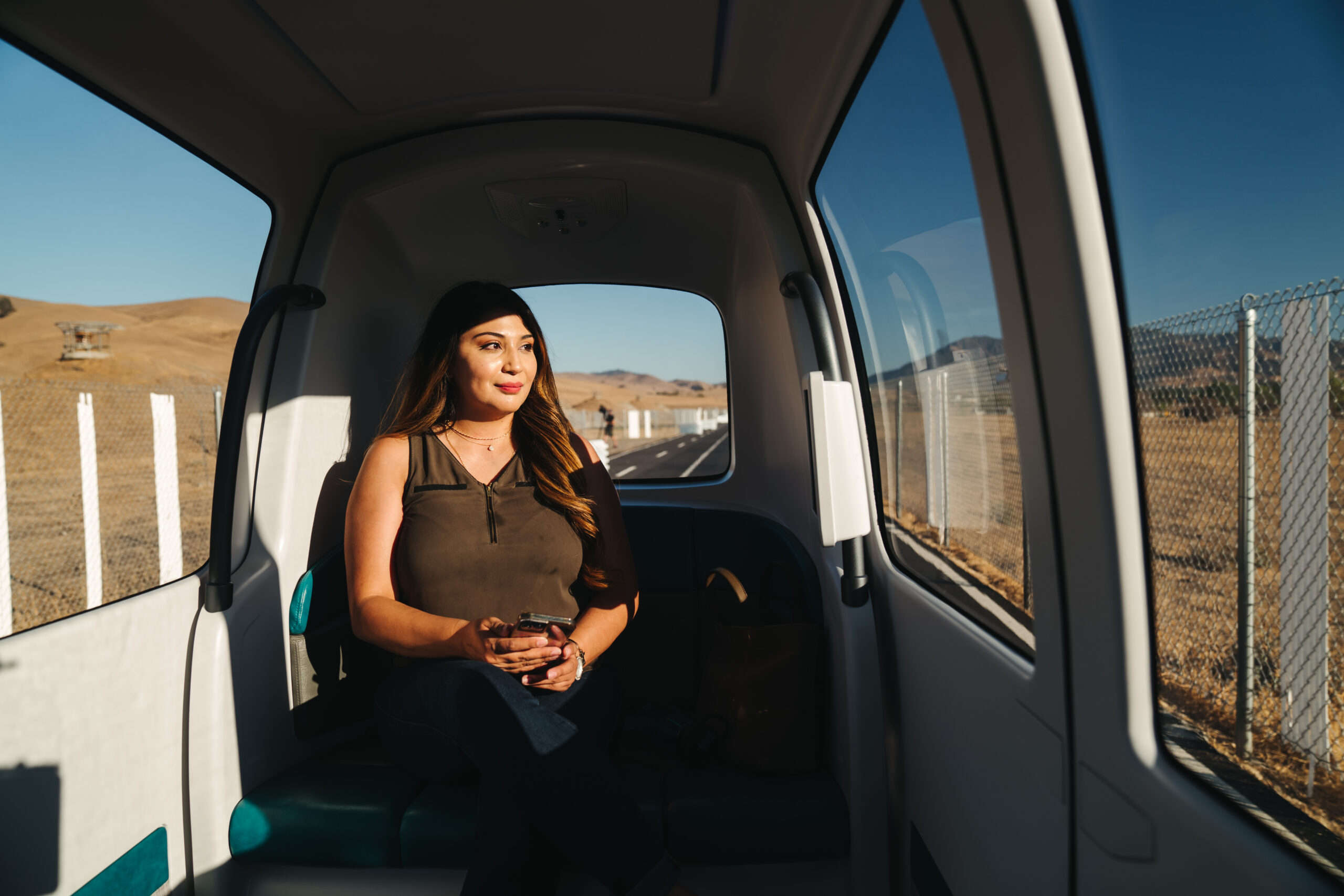A little over two years ago, I opened a blog post with this statement:
“Rare is the opportunity to transform the very infrastructure of our civilization.”
I believe that we are now at a profound and revolutionary moment in time for public transit. Let me explain.
The velocity of technological innovation over the last 25 years has likely been the highest in the history of civilization and this rate of change is creating opportunities that only science fiction writers could have dreamed up. At Glydways, we’ve taken the fundamental goals around moving people efficiently and affordably in a scalable manner, applied what mature technology provides, and filled in the gaps with invention of our own. But what differentiates our solution from past transit systems, is that we put riders at the heart of everything we do and innovate around constants that we know will not change.
Rare is the opportunity to transform the very infrastructure of our civilization.
For example, we know that if riders are offered a non-stop trip versus a trip with multiple stops, they’ll choose non-stop. We know that if riders are offered a private car versus sharing a vehicle or sitting next to strangers on a bus or train, they’ll choose the private ride. And we know if riders are offered an on-demand service versus having to wait for an often late scheduled service, they’ll choose on-demand. We’re building systems that people want to ride, not have to ride, at fares that are for the 100%, not the 1%.
Our unique solution is a transit system that utilizes a fleet of electric autonomous vehicles that are right-sized for comfortably carrying up to 4 passengers on their personal journey. No ride sharing with strangers. Much like ride hailing. However, unlike ride hailing, we can move mass transit levels of passengers: from 1,000 up to 10,000 people per 6 foot wide lane per hour, any time, 24/7, all for the cost of a public transit fare.
We do this by operating our vehicles on comparatively tiny dedicated roads that are closed off to all other forms of transport, on the ground, above grade, or tunneled if necessary–much like railroads do today. However, unlike railroads, these closed roads form an interconnected network that is optimized for throughput and is completely scalable due to its low costs. Passengers get on and off the network anywhere they choose, whenever they choose, with a consistently safe, reliable and premium personal experience. There is no traffic, no congestion, thanks to our unique A.I. engine, called GlydwaysOS that manages the entire network. There is room for wheelchairs, strollers, luggage, bikes and groceries – our vehicles are fully ADA compliant. Think of it as a private car experience, on a road built only for you, at the cost of a public transit fare. Our service is always available, 24/7. It’s efficient, and because it attracts riders, requires no subsidy to operate–an industry first–because we are fully demand responsive.
This means that any city can now afford a mass transit system and thus offer more economic and social opportunity to more people. In fact, that’s precisely our vision: Our vision is to connect people, with employment, affordable housing, education, care, and each other. We think of it as public transit for everyone, everywhere.
Our vision is to connect people, with employment, affordable housing, education, care, and each other. We think of it as public transit for everyone, everywhere.
And we believe that by starting with the passenger experience first, refining it to an art, and then working backwards to the technology, we are able to create the first true flywheel in public transit. We have the strongest conviction possible that our superior riding experience will create more demand, which will allow further scale and expansion, which drives more demand, which ultimately further drives down costs to operate, which is great for everyone.
From a societal standpoint, our customers have recognized that modernizing our ability to move people will provide a multitude of opportunities for everyone – access to better jobs, affordable housing, education, healthcare and more. And all this happens while we take car trips off our clogged roads, thus reducing congestion and making it easier for those who have to utilize roads. The climate impact is also profound as the Glydways system produces net-zero emissions, and again, by taking car trips off the roads, reduces carbon output even further. Our energy consumption is a fraction of a car and traditional public & mass transit solutions.
But there is an even more profound opportunity before us, and I mention this frequently because it really is the foundational reason I started Glydways: there are only some 200 cities around the world that have a mass transit system today, and yet, there are more than 4,000 cities around the world that are large enough and dense enough to desperately need a transit system, but simply can’t afford it. They are stuck in opportunity-crushing congestion, that is only getting worse. We have re-thought every aspect of what it takes to financially support both the construction and operation of an effective and sustainable transit system. Our approach unburdens public budgets that have previously been overwhelmed by the astonishing amount of money it takes to build and operate rail and bus systems, enabling more public transit availability. By reducing both CapEx and OpEx, along with creating a profitable transit operation, we unlock private investment to fund our Project builds while keeping fares as low as possible, accelerating adoption. To us, this furthers the essence of Glydways: equity. Equity of opportunity, through better access to mobility, for everyone.
Our truths are the following: providing the best passenger experience, at the greatest capacity, for the lowest cost and the lowest carbon footprint possible. If we live up to these truths, we will push our society forward; it is the equity of opportunity, through access to mobility, that our society desperately needs.




